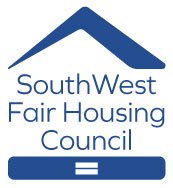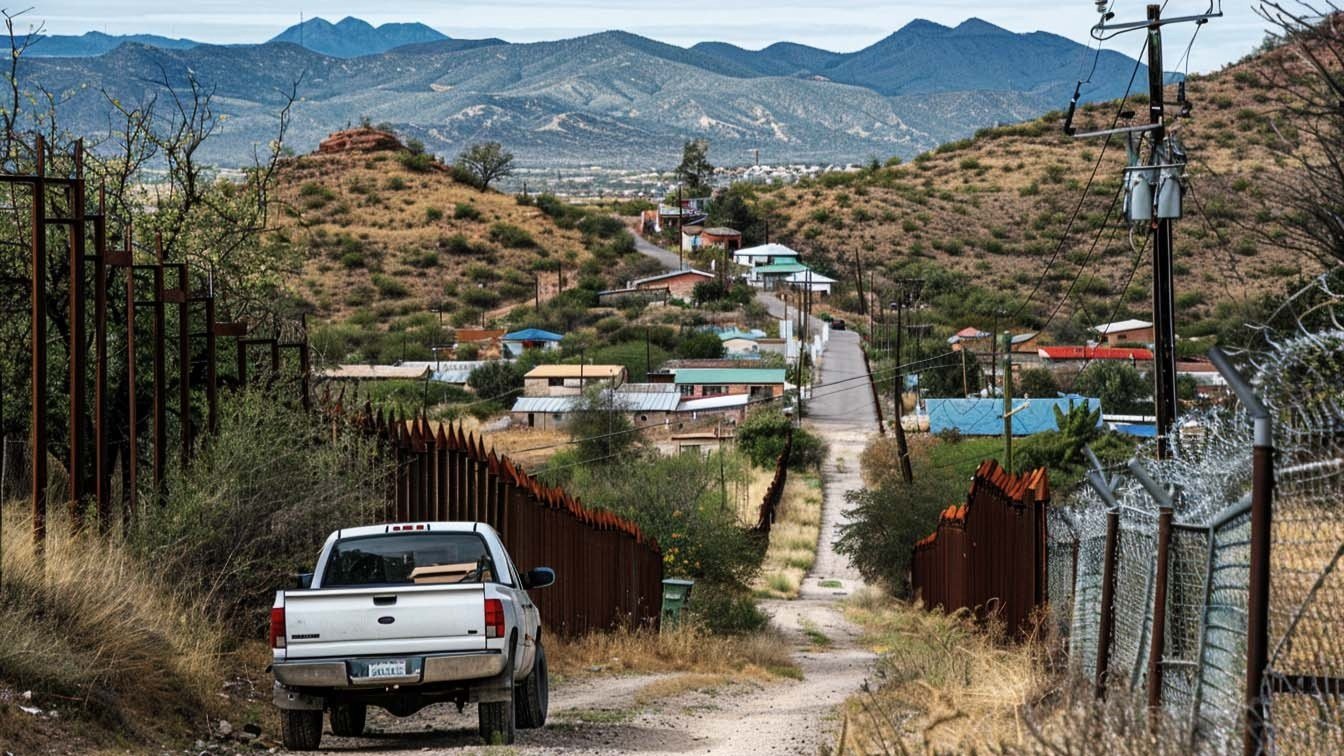Study on Colonias: Improving Equity and Access through Arizona's State CDBG Set-Aside Program
The following study, "Border Colonias: Equity and Access in the Arizona State CDBG Set-Aside Program," written by John Parks with the support of Paavo Monkkonen, was prepared as part of the requirements for a Master's in Urban and Regional Planning at the Department of Urban Planning at the University of California—Los Angeles (UCLA). Funded by the Department of Urban Planning at UCLA and in coordination with Southwest Fair Housing Council (SWFHC). The aim of the report was to analyze and evaluate the Community Development Block Grant (CDBG) Set-Aside program implemented in Arizona, specifically focusing on Colonias communities along the U.S.-Mexico border. The study tracks demographic changes, assesses the living conditions and needs of Colonias residents, and provides recommendations to improve the use of CDBG Set-Aside funding in addressing the challenges faced by these communities.
Demographic Findings on Income in Colonias
Income Disparities: Colonias, semi-formal communities along the U.S.-Mexico border, continue to grapple with economic disparities compared to their respective counties. Since 1990, the Median Household Income in nearly all Colonias has stagnated or declined, except for Greenlee County and Graham County. For instance, in Pima County, the median household income in Colonias is 20.3% lower than that of the broader county.
Economic Disparity Trend: The economic disparity between Colonias and the wider county Median Income has been steadily increasing since 1990. Between 1990 and 2021, the Median Household Income for Colonias in Arizona was 10.87% lower than the wider county incomes. These findings underscore the persistent economic challenges faced by residents in Colonias, necessitating targeted interventions to address income disparities and enhance economic opportunities in these communities.
Key Takeaways from the Study
The study highlights ongoing income disparities in Colonias, emphasizing that since 1990, these communities have experienced stagnation or loss in Median Household Income compared to the broader county populations, with a 10.87% lower income than the wider county. Additionally, there is a significant disparity between incorporated and unincorporated communities in terms of receiving Community Development Block Grant (CDBG) funding. This highlights the need to address capacity and jurisdictional barriers to ensure equitable access to funding for all Colonia communities.
Goals of Colonias Funding
The primary goal of Colonias funding is to provide essential resources and investments aimed at improving living conditions, infrastructure, and housing in Colonias communities along the U.S.-Mexico border. This funding seeks to address the historical lack of basic amenities and enhance the overall well-being and quality of life for residents in these communities. Ultimately, the objective is to eliminate Colonia conditions and reduce the number of communities classified as Colonias, paving the way for more equitable and sustainable development.
Recommendations for Improving Equity and Access
To address these disparities, several recommendations can be made:
Enhanced Funding Allocation: Increase funding specifically targeted at Colonias to address the pronounced income disparities and improve economic opportunities.
Capacity Building: Provide training and resources to improve the capacity of local governments and organizations in Colonias to effectively apply for and manage CDBG funds.
Jurisdictional Collaboration: Foster collaboration between incorporated and unincorporated communities to ensure equitable access to resources and support.
Community Engagement: Engage residents in the planning and implementation process to ensure that interventions are tailored to the specific needs of Colonias communities.
Monitoring and Evaluation: Establish robust monitoring and evaluation mechanisms to track the impact of funding and interventions, ensuring continuous improvement and accountability.

